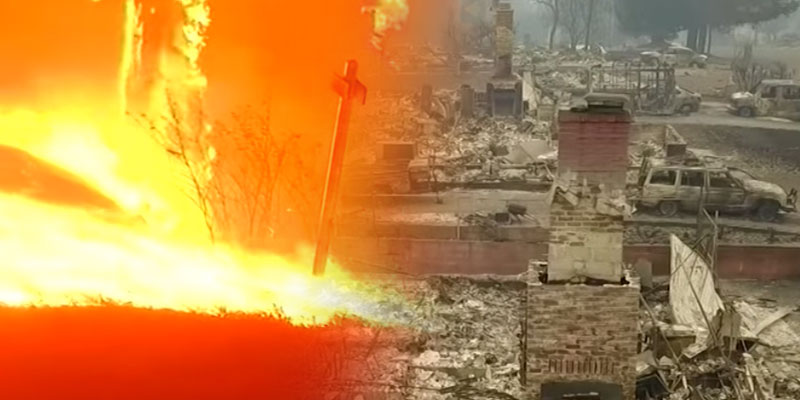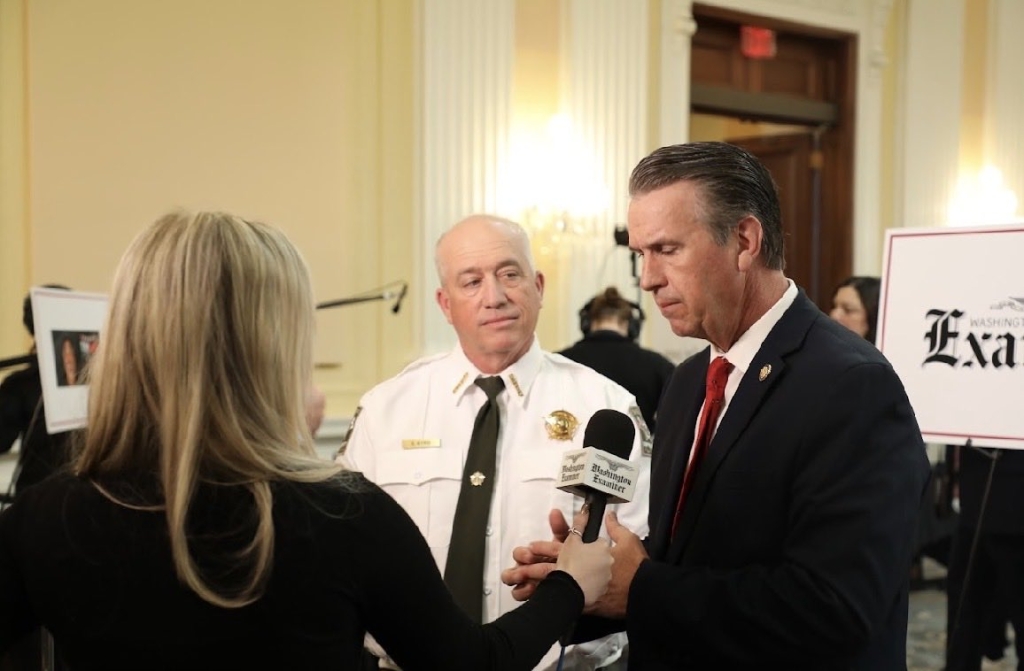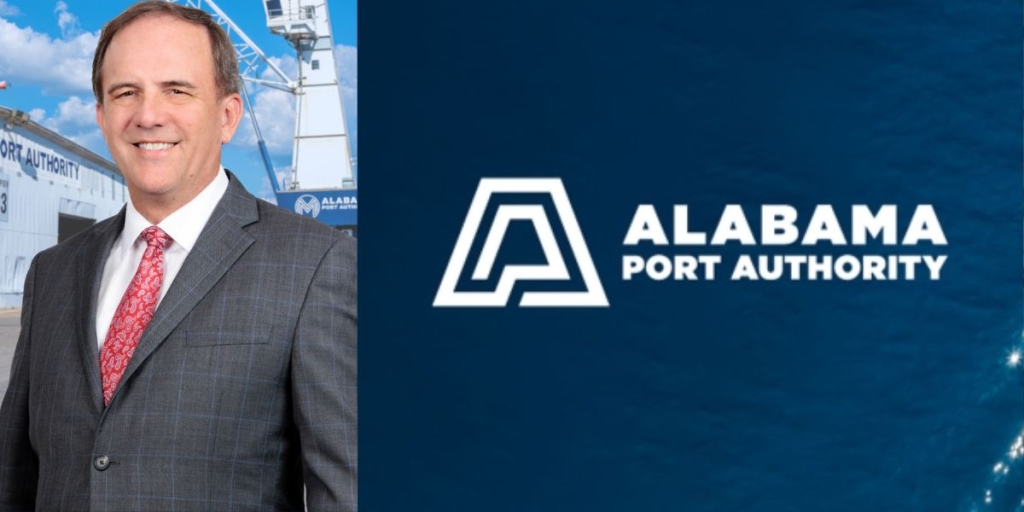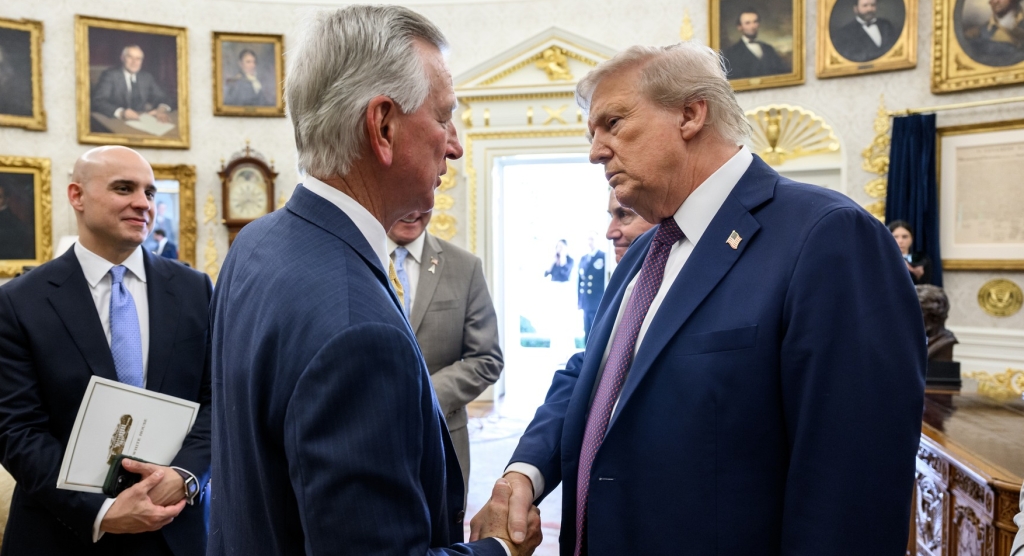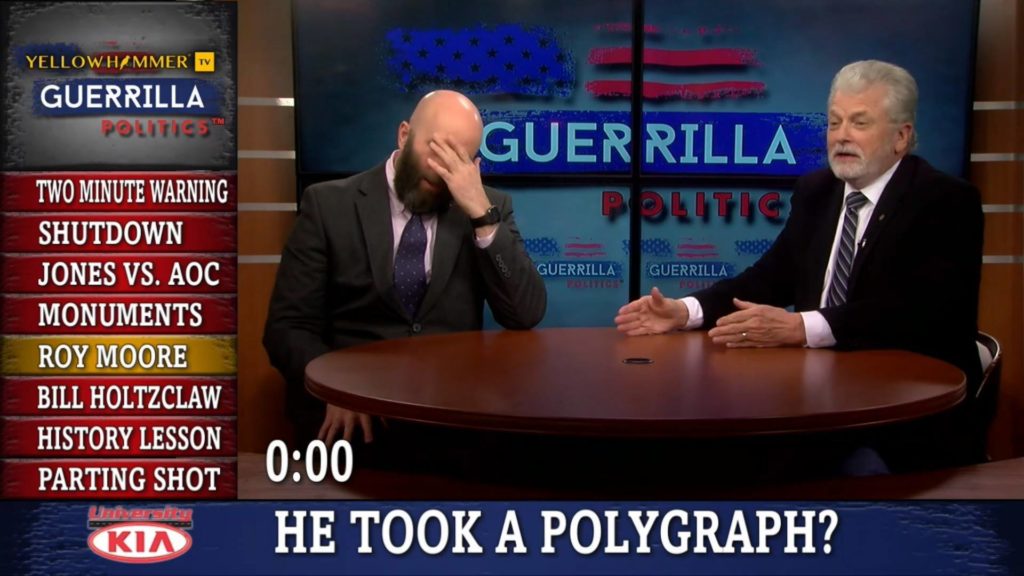California Attorney General Xavier Becerra has suggested charging Pacific Gas & Electric (PG&E) with murder in connection with last November’s Camp Fire. The deadliest wildfire in California history, Camp killed 86 people and destroyed the town of Paradise. A cause has not been officially determined, but evidence suggests that PG&E electric transmission wires may have started the blaze. The case illustrates a conundrum implied by the economics of accidents.
I do not wish to accuse PG&E of starting the Camp Fire; that is to be determined. But Mr. Becerra’s comments, numerous lawsuits already filed, and news reports of PG&E’s potential bankruptcy, I think, justify this discussion. I am not a lawyer and wish to focus on the economics, not the legal requirements of sustaining murder charges or winning a civil lawsuit.
The fire was not deliberately started and so in this sense was an accident. But could it have been avoided? Quite likely. Better maintenance on transmission lines and towers could have prevented aging, sagging power lines from sparking. Trimming trees would make high winds less likely to bring down power lines.
PG&E could also have shut down parts of the electric grid on high fire risk days. The company formalized planned blackouts to prevent wildfires earlier in 2018 and shut off power to over 60,000 customers on a high risk day in October. Southern California utilities have also used blackouts to prevent wildfires.
Power lines, of course, are not the only cause of wildfires; lightning and other human actions and carelessness are also causes. All power line related fires, however, could be prevented through enough maintenance, tree-trimming, and blackouts. If the Camp Fire could have been prevented, was it truly an accident?
Diligence and safety can prevent most types of accidents. Workplace accidents claimed over 5,000 lives in 2017. The Occupational Safety and Health Administration has helped reduce workplace accidents significantly over the past fifty years. Still, more can always be done. Railings prevent falls; taller, sturdier railings make falls even less likely. Safety nets can help as well.
Auto accidents kill 35,000, injure millions, and cause billions in property damage each year. Most traffic accidents are due to driver error, mechanical failures, and unsafe roads and bridges and are preventable. Highway redesign could further reduce accidents. And driving very slowly – imagine a 25 mph national speed limit – would dramatically reduce accident severity.
Should we prevent all fires, workplace accidents, and highway crashes? Economics recommends balancing the benefits of preventing accidents against the costs. Such balancing will almost certainly involve accepting some accidents. Even if we think that human lives are infinitely valuable and should be saved whenever possible, accidents often involve fatal consequences either way. For instance, blacking out hospitals and nursing homes can cost lives. We will almost certainly choose a level of safety resulting in some accidents.
If we deliberately choose less than perfect safety, are the fires, workplace mishaps, and traffic crashes truly accidents? This is debatable. We know that drunk drivers do not intend to maim people, but we consider this act so reckless as to be criminal. Some commentators think that deaths from workplace accidents and product defects are best viewed as corporate murder.
Personally, I think that an important difference exists between mishaps occurring while pursuing a valuable and ethical goal and intentionally harming others. Still, many Americans find evaluating accident tradeoffs too explicitly discomforting.
This is costly. As Vanderbilt economist Kip Viscusi notes, corporate America lags behind in applying risk analysis. Jurors find it offensive when a business determines how much it would cost to prevent deaths due to product design flaws or workplace risks and still chooses not to eliminate the risk. Because risk analysis seems to trigger mega-verdicts, businesses forego the analysis. Yet a lack of analysis merely leads to bad decisions, not safety.
Economics suggests that perhaps nothing is an accident. But as humans, we can intuitively distinguish intentional harms and unfortunate events. However we resolve the conundrum, ignorance of risk analysis is definitely not bliss.
Daniel Sutter is the Charles G. Koch Professor of Economics with the Manuel H. Johnson Center for Political Economy at Troy University.




